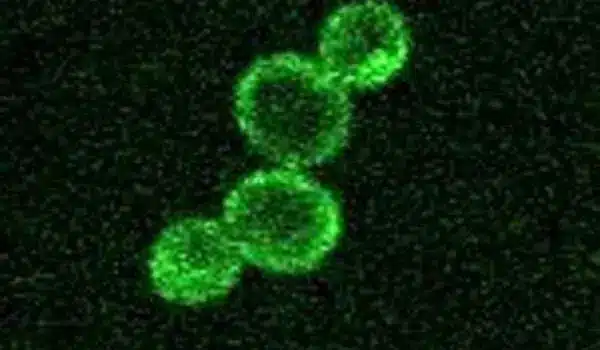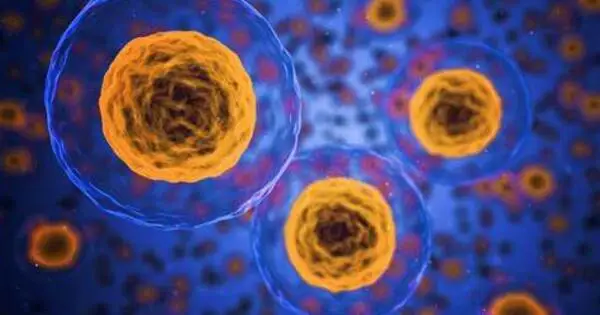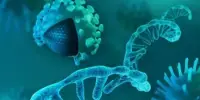Cells are the fundamental components of life, and even minor alterations at the cellular level can have a profound impact on the entire functioning of an organism. A single amino acid, for example, can fundamentally change the architecture of the cell. Researchers at the Universities of Göttingen and Warwick researched the structure and dynamics of actin, the major component of the cell’s cytoskeleton. Actin is found in all living cells and performs a variety of vital tasks, including muscular contraction, cell signaling, and cell shape.
This protein exists in two forms known as “isoforms,” gamma actin and beta-actin. The variation between the two proteins is small; only a few amino acids in one area of the molecule differ. Nonetheless, this modest modification has a significant influence on the cell. Normally, only mixtures of the two isoforms can be found in nature. In their investigation, the researchers isolated the two isoforms and studied them separately. The findings have been published in the journal Nature Communications.
Our findings are compelling because they open up new avenues for understanding the intricate dynamics of protein networks within cells.
Professor Andreas Janshoff
The researchers investigated the behavior of filament networks, paying special attention to the specific features of the various isoforms. They used specialized approaches to examine the mechanics and dynamics of cytoskeletal network research models, drawing on expertise in biophysics at Göttingen and bioengineering at Warwick.
According to the findings, gamma actin preferentially forms rigid networks around the apex of the cell, whereas beta actin preferentially forms parallel bundles with a unique organizational layout. This difference is most likely owing to gamma actin’s higher interaction with specific types of positively charged ions, which causes its networks to be stiffer than those created by beta-actin.

“Our findings are compelling because they open up new avenues for understanding the intricate dynamics of protein networks within cells,” explains Professor Andreas Janshoff, Institute for Physical Chemistry, University of Göttingen.
The study improves scientists’ understanding of fundamental cellular processes by offering light on specific biological functions of actin. This is especially important for processes involving cellular mechanics, such as cell proliferation, division, and maturation in tissue.
“The implications of these discoveries extend to the broader field of cellular biology, offering insights that could impact many areas of research and applications, for instance in developmental biology,” said Janshoff.














